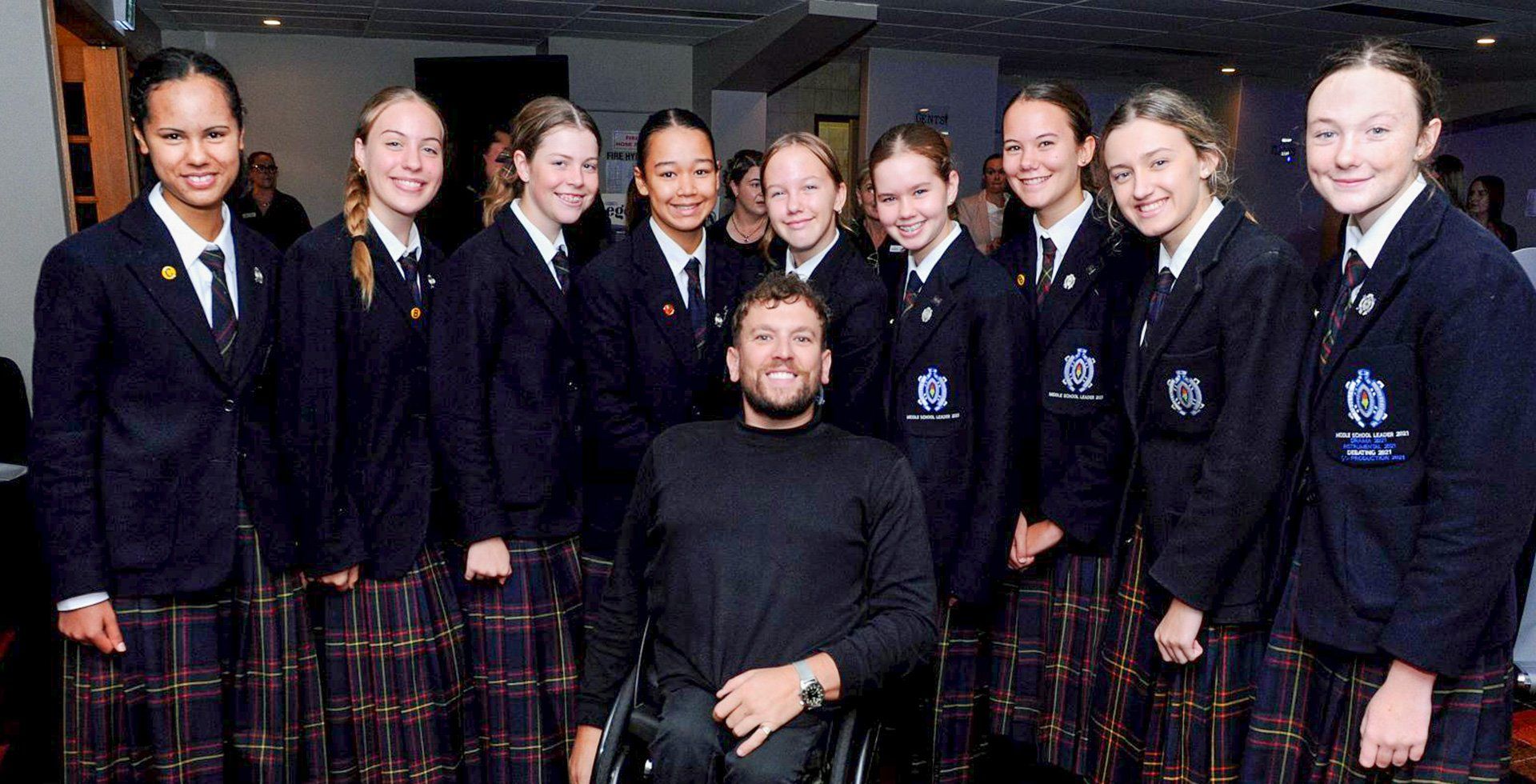Abled Or Enabled?
Recently, I sat and listened to Australian of the Year, Dylan Alcott, share a little of his life narrative. As always, I am entranced by someone else’s story, particularly when it challenges me to think differently about my own perceptions. The following day, I began reading one of my Mother’s Day gifts: ‘Atlas of the Heart’ by Brene Brown. Alcott and Brown are textually different, but their threads share a similar quality when we ponder the ways in which parenting can enable or ‘able’ our children. Brown recounts her own complex childhood where uncertainty about parental reaction and response left her hypervigilant. By default, her parents abled her survival and resilience capabilities, but the process left her acutely anxious. Alcott, conversely, was parented to be able, despite a disability. It’s all about the ‘en’, or its absence.
One of Alcott’s opening stories was of childhood, sharing Saturday morning television with his brother, Zack. Whomever held the television remote had the power: a scenario with which we can all identify. Zack learned quickly that if he needed to go to the bathroom during a television binge, then he needed to take the remote control with him. He knew, that by placing it on top of the fridge, it was safe from Dylan’s grasp. At this point in the story telling, Dylan turned to the audience and asked: was this a good thing or a bad thing? Hands shot up – there was disparate mumbling – some were saying yes, others definitively no. He asked an audience member was it good or bad? The answer – ‘it was good because your brother treated you as an equal.’ Alcott agreed – ‘it was good because it would have been so easy for my parents to give me everything, to erase any struggle, to smooth my way. To make Zack give me the television remote, every time. But they didn’t – and for that I am so grateful.’ Their actions led to Alcott’s abled view of the world.
I love this example – it speaks eloquently to me as a parent, it questions the line between enabling and ‘abling’ and the destructive influence of the ‘en’. Because I too am guilty of lapses of smoothing the way for my children – of metaphorically handing them the television remote when they seek it out. Inadvertently, disabling, disempowering, and immobilising. Too easily, we forget that it is in struggle that we find both ourselves and our determination to do things differently. It is in the deep pit of struggle that we plot our means of escape, we solve problems, and we ‘able’ ourselves to become our own person. Parents instinctively want to protect their child, to advocate their position and to rescue them from disappointment. Too often, in the interests of peace and family harmony, misguided kindness – or self-preservation, we find ourselves providing instant gratification to our children (Kirby, 2022) – irrespective of their age.
Psychologists have long recognised that distress often promotes maturation. We grow from feeling the sting of a mistake. We learn from losing, missing out and waiting our turn. Weathering setbacks, with support from the people who love us, helps us learn to manage disappointment. Psychologist, Holly Schfiffin writes in the Journal of Child and Family Studiesthat parents who over-help, who enable their children a life without stress, steal their children’s ability to make decisions and thus ensure that their children are ill-prepared for life as adults. Autonomy has profound benefit for kids of all ages. Studies link autonomy to long-term motivation, independence, confidence, and better executive function. As a child gets older, autonomy is associated with better performance in school and a decreased risk of drug and alcohol abuse. ‘Like exercise and sleep, it is good for virtually everything,’ neuropsychologist William Stixrud and educator Ned Johnson write in their book The Self-Driven Child.
The fundamental paradox of parenting, though, is that we are responsible for our children and yet we cannot possibly be responsible for them. A wise practitioner puts it this way: ‘children are clay in your hands, and they are also the rocks that break your hands.’ Our role is to allow our children to also mould the clay, to endure the breakages, and to learn that for every action, there is a consequence and an opportunity to learn. Let us not cause harm as enablers, even when we have the noblest of intention – let our children be able – able to manage the tv remote battle for themselves.
Dr Linda Evans | Principal
REFERENCES
Castelino, L. (2016). ‘The Huffington Post’ Retrieved 15 May 2022.
Damour, L. (2019). ‘The New York Times’ Retrieved 15 May 2022 .
Doucleff, M. (2022). A 4-year-old can run errands alone… and not just on reality Retrieved 15 May 2022.
Heath, C. (1999). ‘On the Social Psychology of Agency Relationships: Lay Theories of Motivation Overemphasize Extrinsic Incentives’ Organizational Behavior and Human Decision Processes Vol. 78, No. 1, April, pp. 25–62, 1999.
Kirby, S. (2022). Retrieved 15 May 2022.
Winter, J. (2022). ‘The New Yorker’ March 23. 2022. Retrieved 15 May 202.
More News



More News…







